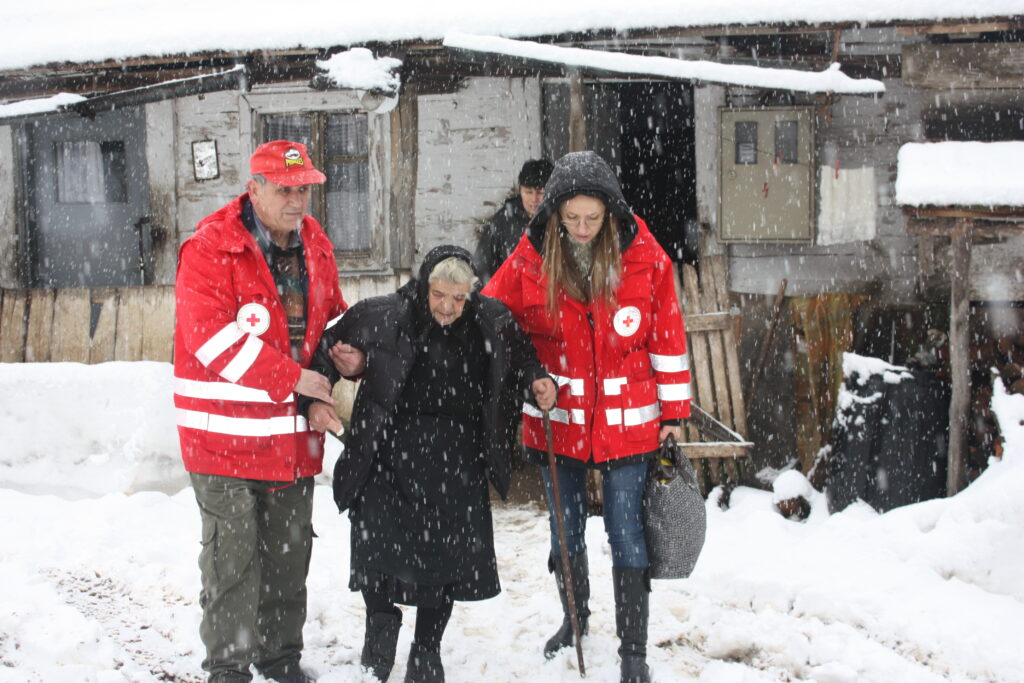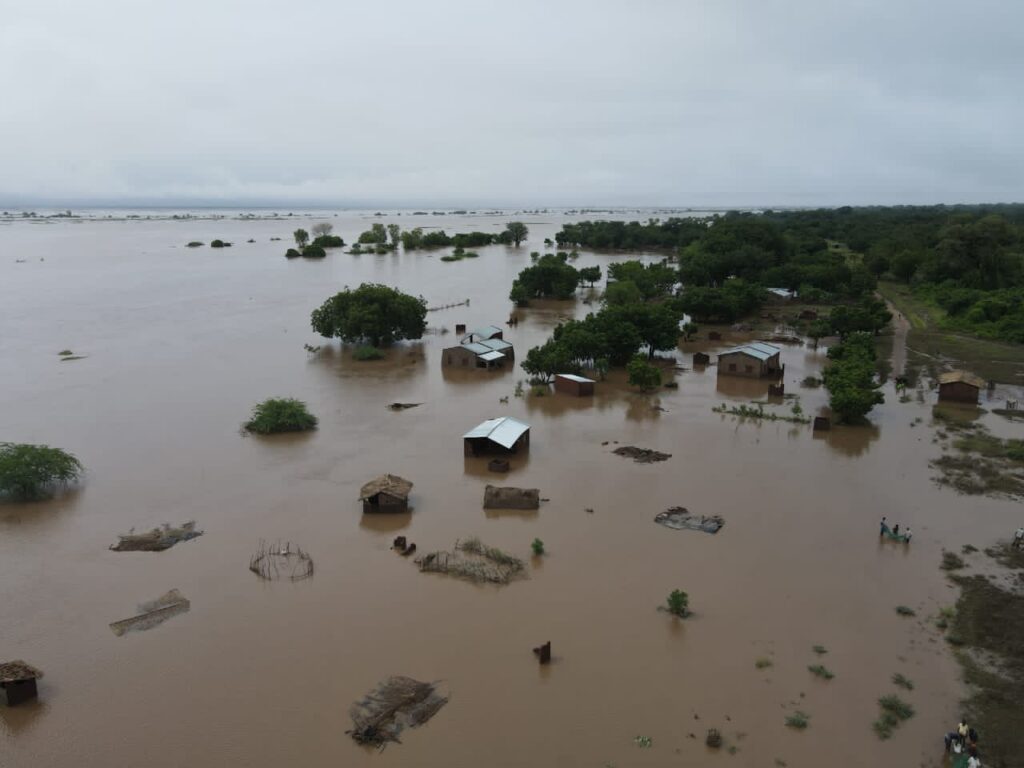Preparedness for winter weather and response by National Societies in Europe and Central Asia
This briefing note outlines common winter weather hazards experienced across Europe and Central Asia, and the ways in which National Societies are preparing for and responding to them. It also provides insights into how the changing climate is influencing weather hazards, and highlights how National Societies can adapt plans, programmes and operations to take into […]


